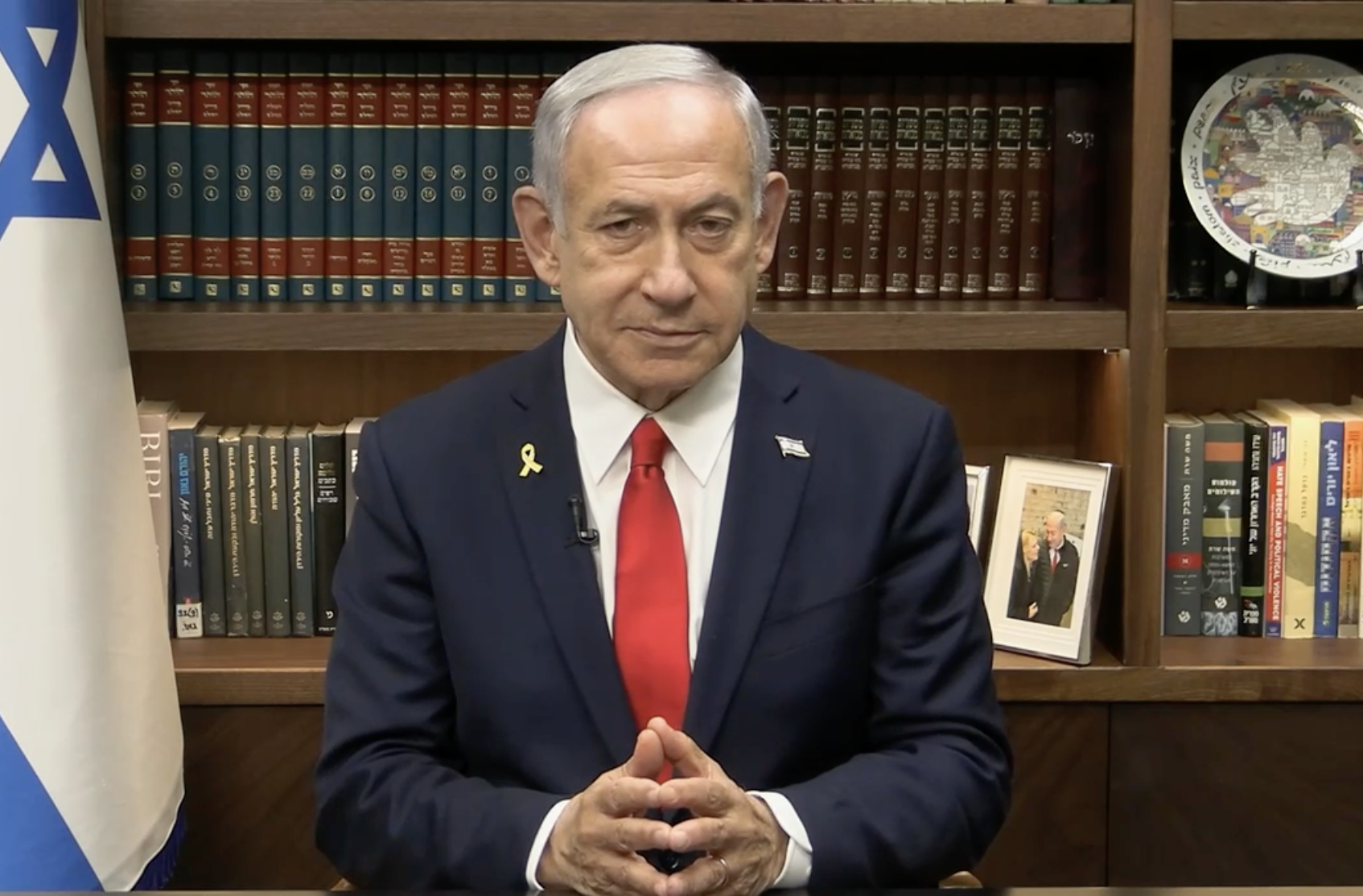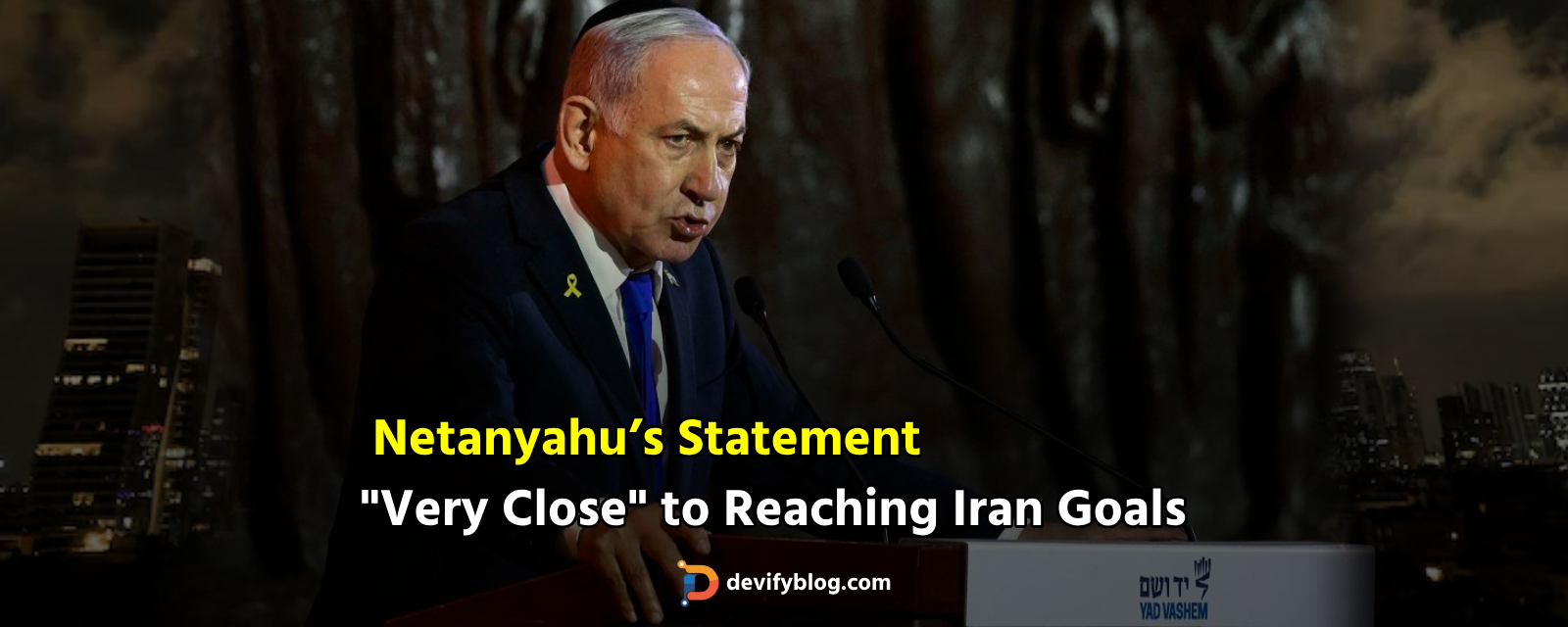
Israeli Prime Minister Benjamin Netanyahu announced that Israel is “very, very close” to meeting its goals regarding Iran, particularly in terms of neutralizing Iran’s nuclear and ballistic missile threats. He underscored that Israel will not get involved in a drawn-out war of attrition, saying, “We won’t pursue our actions beyond what is needed… Once the goals have been met, the operation will be finished and the fighting will cease. Netanyahu disclosed that Israel is vigilantly observing Iran's inventory of about 400 kg of 60% enriched uranium and has “interesting intel” about its whereabouts.
He stressed that Israel “will not be dragged into a long war” or a grinding “war of attrition,” but will keep applying pressure until goals are completely achieved.
Israeli Prime Minister Benjamin Netanyahu’s recent remarks highlight a complex strategy regarding Iran, focusing on well-defined goals and restricted involvement. Netanyahu’s claim that Israel is “very close” to achieving its goals delineates a clear red line, indicating that the military campaign will continue only until Iran’s nuclear and missile capabilities are neutralized—purposefully avoiding an open-ended confrontation.
This strategy highlights the importance of robust strategic alignment with the United States, especially in light of recent U.S. bunker-buster attacks on critical Iranian nuclear sites at Fordow, Natanz, and Isfahan. The simultaneous execution of these actions indicates a strategic and cohesive alliance among the partners.
Furthermore, Netanyahu’s reference to a “war of attrition” indicates an attempt to prevent escalation into a lengthy and protracted conflict. The message couldn’t be clearer: after dealing with the main threats, Israel plans to wrap up its operations quickly and with determination.
In addition, the statement serves a wider political function: to project the image of Israel as conducting a controlled, mission-driven campaign rather than engaging in an unlimited war. This aims to reassure domestic audiences and uphold international legitimacy amid rising regional tensions.
The U.S. strikes on June 22
The U.S. strikes on June 22 were celebrated as a “spectacular military success,” with reports indicating they caused “very serious damage” to Iran’s nuclear and missile infrastructure while maintaining a limited collateral impact. Iran pledged to defend itself and initiated retaliatory missile strikes, the majority of which were intercepted. Global responses are varied: the U.S. and some Western allies have expressed support, while the United Nations and other international entities have urgently called for de-escalation to avert a wider regional conflict.
Summary
Netanyahu is convinced that the Israeli military campaign is approaching its objectives and asserts that the operation will not be protracted indefinitely. Once the nuclear and missile threats are effectively neutralized, he promises the fighting will end.




Login to leave a comment.